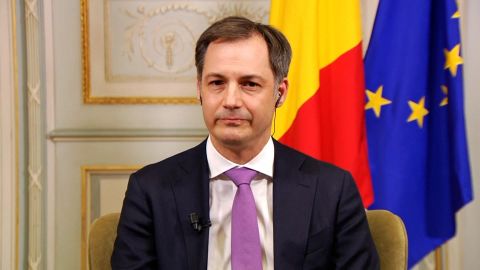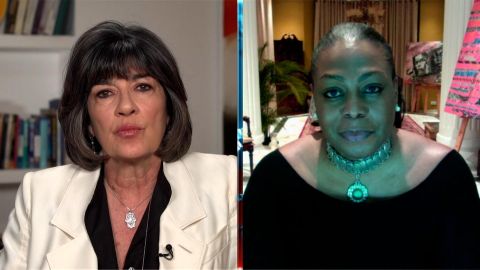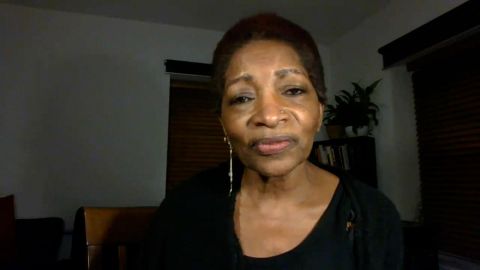Read Transcript EXPAND
CHRISTIANE AMANPOUR: You have written a book about feminism. And you pretty much have validated what the head of the WTO has said, that male allies are needed and that equality is good for men as well. How did you come to that point of view? What made you actually put this down in a book?
ALEXANDER DE CROO, BELGIAN PRIME MINISTER: Well, first of all, thank you for having me to talk about a topic which I have always been very interested in since a young age. I had a mom who was a very active feminist and who talked to me a lot about it. But I really rediscovered it as a minister for development corporation, where I saw, throughout the world, when there is misery throughout the world, it is women and girls who take the heavy burden. But I also saw that when countries develop and when countries developed well, the more gender equality you have, the more inclusive your growth is, the better it actually works. And we see that on a country level. But we also see this in our own environments. If you have, let’s say, the council of your kids, school, the parents council, or you have a sports club in which you are in management, and if you have a decision table with only men with gray hair and blue suits, or you have a diverse decision table, I think everyone knows, in these turbulent times, which decision table is going to take the best decisions.
AMANPOUR: The diverse one, of course. So, let me ask you, because you have made this a point. Your government is evenly split, 10 women and 10 men, but the top eight roles, just two of them are filled by women. And your predecessor as prime minister, who was a woman, she lasted actually only a year. What are you doing to try to balance those scales and make it more female- friendly, because it’s more efficient and effective, and it delivers better, as you have just said? And just to add, you also have the first trans female member of government in your in your government as well.
DE CROO: Yes, we do. And, actually, on the Belgian level, no one really talked about the fact that she was trans. Everyone praise her for the fact that she’s a very competent minister. Now, the key point is, if you look at it, the economic case for gender equality is clear-cut. It’s extremely sound. And if you look at the world today — and this is also the case in Belgium — what a waste of talent. I mean, we have a great education system. If you look at the end of higher education, you see that, in general, women have better scores, have better grades men. And then we all go into labor force. And 10 years down the road, the question is, what happens to all those women?
About This Episode EXPAND
Peter Westmacott; Bonnie Greer; Alexander De Croo; Ayoade Alakija; Jared Isaacman; Hayley Arceneaux
LEARN MORE




